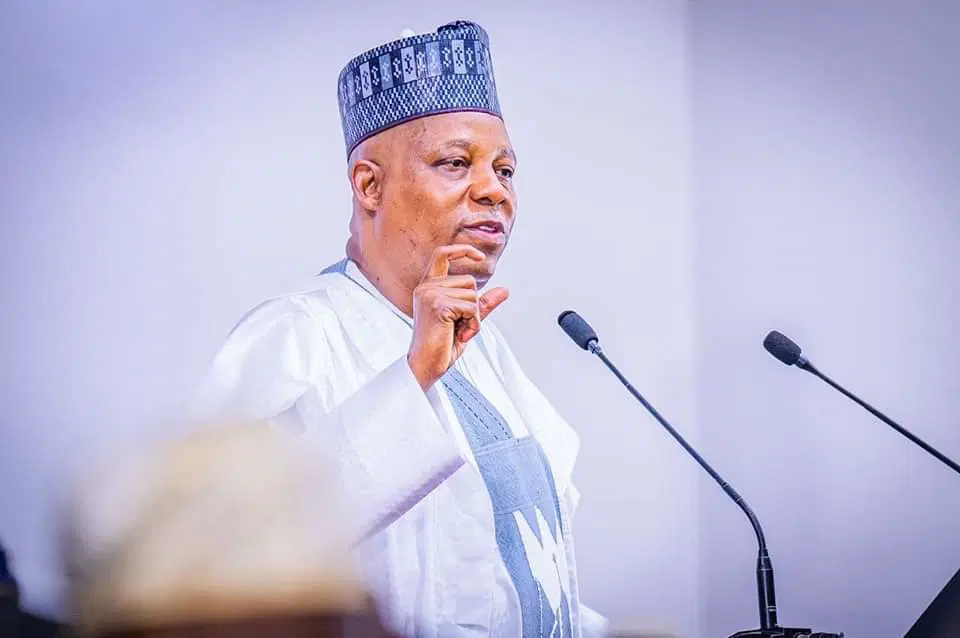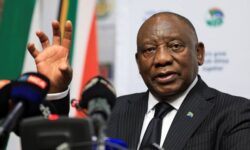Foreign capital inflows from BRICS countries to Nigeria have seen a significant increase, reaching $1.27 billion by June 2024.
Nigeria’s foreign capital inflows from BRICS countries have seen a significant rise, reaching $1.27 billion by June 2024. This represents a major increase from $438.72 million during the same period in 2023, reflecting the country’s growing economic engagement with emerging market blocs.
Vice President Kashim Shettima, speaking at the 2024 China-Africa Interbank Forum, praised the strengthening economic ties between Nigeria and BRICS countries. Shettima, represented by the Special Adviser to the President on General Duties, Aliyu Modibbo, emphasized that the capital inflow is a direct result of Nigeria’s strategic efforts to enhance its economic partnerships within the BRICS framework.
The BRICS bloc, consisting of Brazil, Russia, India, China, and South Africa, has become an increasingly important pillar in Nigeria’s efforts to boost economic growth through collaborative investments and trade. The group advocates for a more equitable global governance system and promotes development through initiatives like the New Development Bank, which funds infrastructure projects and encourages long-term economic stability.
Shettima highlighted that trade between Nigeria and BRICS countries reached 7.38 trillion NGN by June 2024, signaling a positive economic trajectory. He also reaffirmed China’s vital role as Nigeria’s leading trading partner, emphasizing the importance of Nigeria-China relations in advancing the country’s economic interests, particularly in energy, infrastructure, and technology sectors.
The Vice President noted President Bola Tinubu’s commitment to deepening ties with China, a goal further strengthened by his official visit to China in September 2024. The visit resulted in the signing of five important memoranda of understanding (MOUs), focusing on key initiatives within China’s Belt and Road Initiative. These agreements are expected to support Nigeria’s infrastructure development and expand bilateral trade opportunities, especially in energy, transportation, and telecommunications.
Shettima also stated that the Tinubu administration’s economic strategy focuses on trade expansion, industrialization, and economic diversification as key components to ensure Nigeria’s long-term growth and stability in an increasingly globalized economy.
Wang Weidong, Vice President of the China Development Bank, summarized the bank’s significant contributions to Africa’s development. Through investments in 33 countries, the China Development Bank has been instrumental in creating over 270,000 jobs across the continent. Wang highlighted the success of a Swiss-led economic zone, which attracted over 140 companies, generated $3.7 billion in sales, and created approximately 3,000 direct jobs.
Olusegun Alebiosu, CEO of First Bank Group, emphasized the vital role Chinese companies play in Africa’s economic development. Alebiosu called for strengthened financial ties to support the continent’s socio-economic transformation and stressed the importance of strengthening China-Africa relations. He also outlined plans to deepen First Bank’s engagement with Chinese businesses in Africa, including expanding Chinese desks and operations in major commercial centers such as Guangdong and Shanghai.

















